
- Home
- DescriptionNews
NHSO to partner with Arokhayasala Khampramong Temple in delivering palliative care
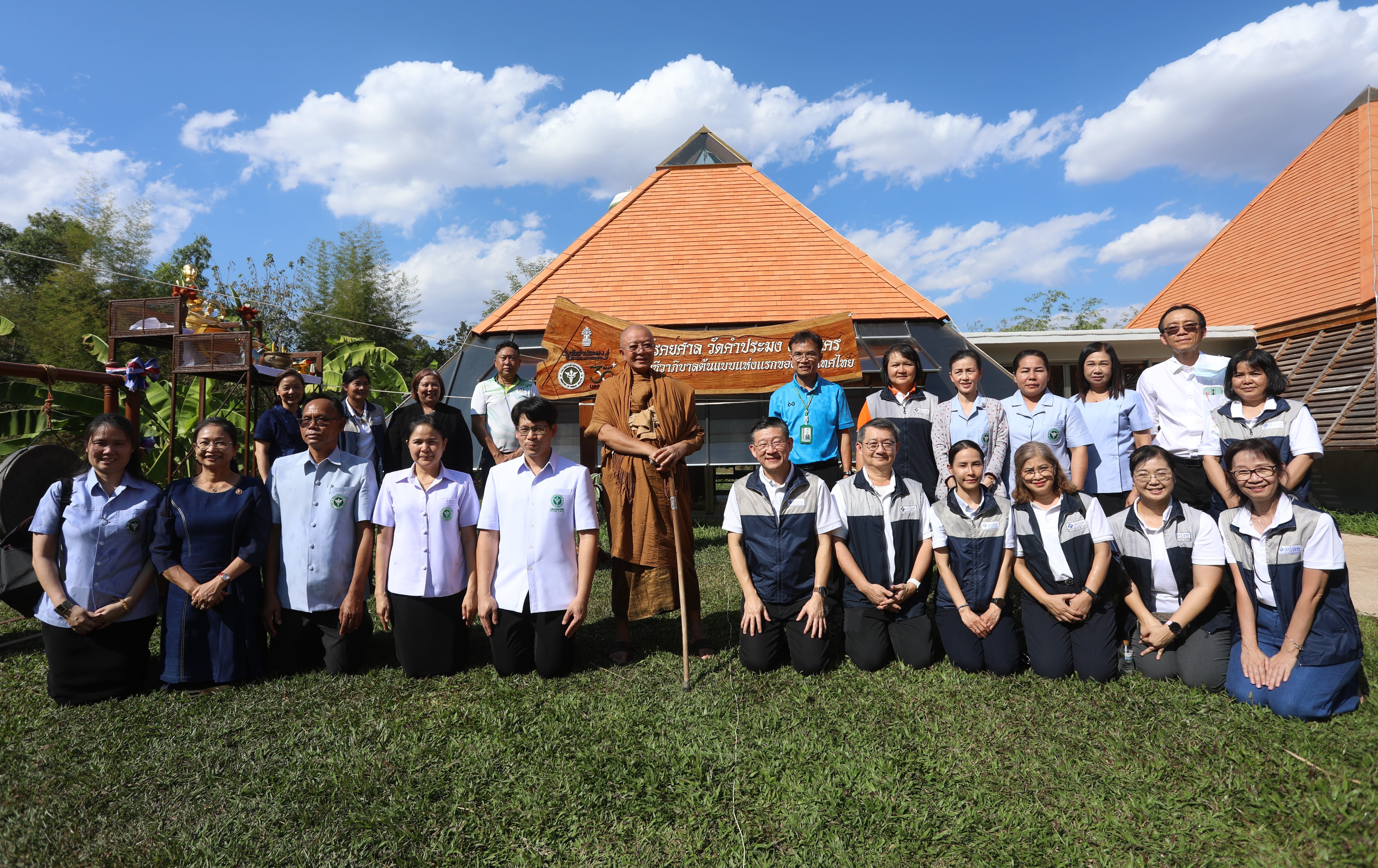
NHSO to partner with Arokhayasala Khampramong Temple in delivering palliative care
The Arokhayasala Khampramong temple in Sakon Nakhon province is praised as a role model for palliative care centers in Thailand, offering patients access to end-of-life care through various approaches, including Thai traditional and modern medicine, as well as spiritual care. It aims to be registered as a Palliative Care unit under the Universal Coverage Scheme (UCS).
On February 2nd, Dr. Athaporn Limpanyalers, Deputy Secretary-General of the National Health Security Office (NHSO), together with Dr Kawee Veerasethakul, Director of NHSO Region 8, and Dr Kridsada Sirichaisit, the Director of Regional Health Promotion Center 8 and related agencies visited Khampramong temple in Sakon Nakhon Province, to follow up on the progress of registering the Arokhayasala Khampramong temple as one of NHSO’s palliative care units in the UC scheme.
“Arokhayasala” literally means “a home free of sickness.” In this case, the center - a part of Khampramong temple has been providing treatment for critically ill patients, especially cancer patients, since 2004.
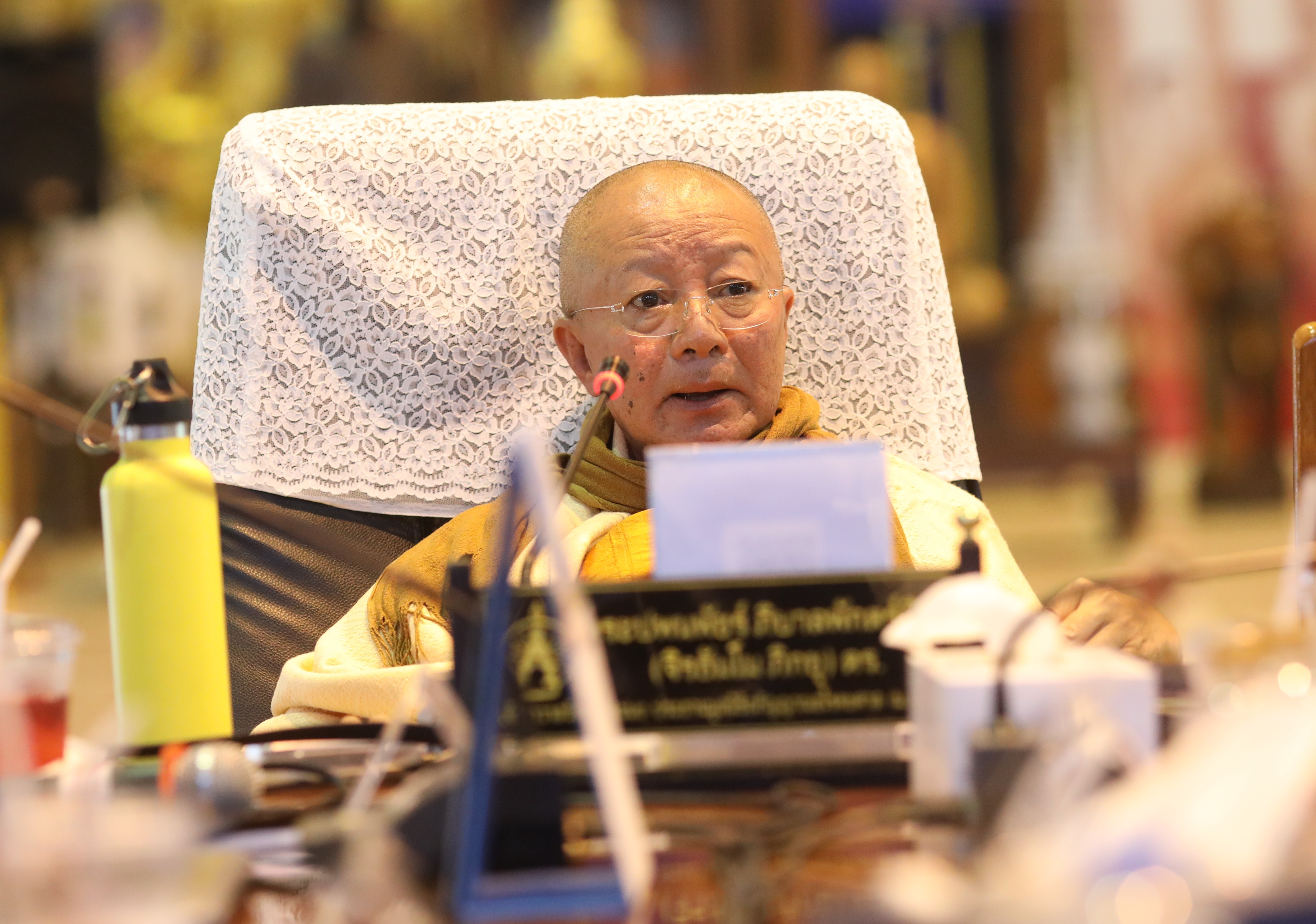
Phra Paponpatchara Pibanpaknitee, the abbot of Khampramong temple, explained that the palliative care process at Arokhayasala Khampramong temple starting from reviewing patient’s medical history to determine previous treatments and find appropriate care methods.
The care provided at Arokhayasala integrated traditional and modern medicine as well as spiritual care, which includes meditation, evening prayers, religious counseling activities, and therapeutic music to help them alleviate mental suffering.
The abbot added that registering the center as part of NHSO’s palliative care units will financially benefit patients under the UC or “gold card” scheme, which costs around 10 million baht annually.
"At Arokhayasala, we work with various organizations, including medical and nursing schools, as well as the NHSO and the Ministry of Public Health, who drive comprehensive patient care,” said Phra Paponpatchara.
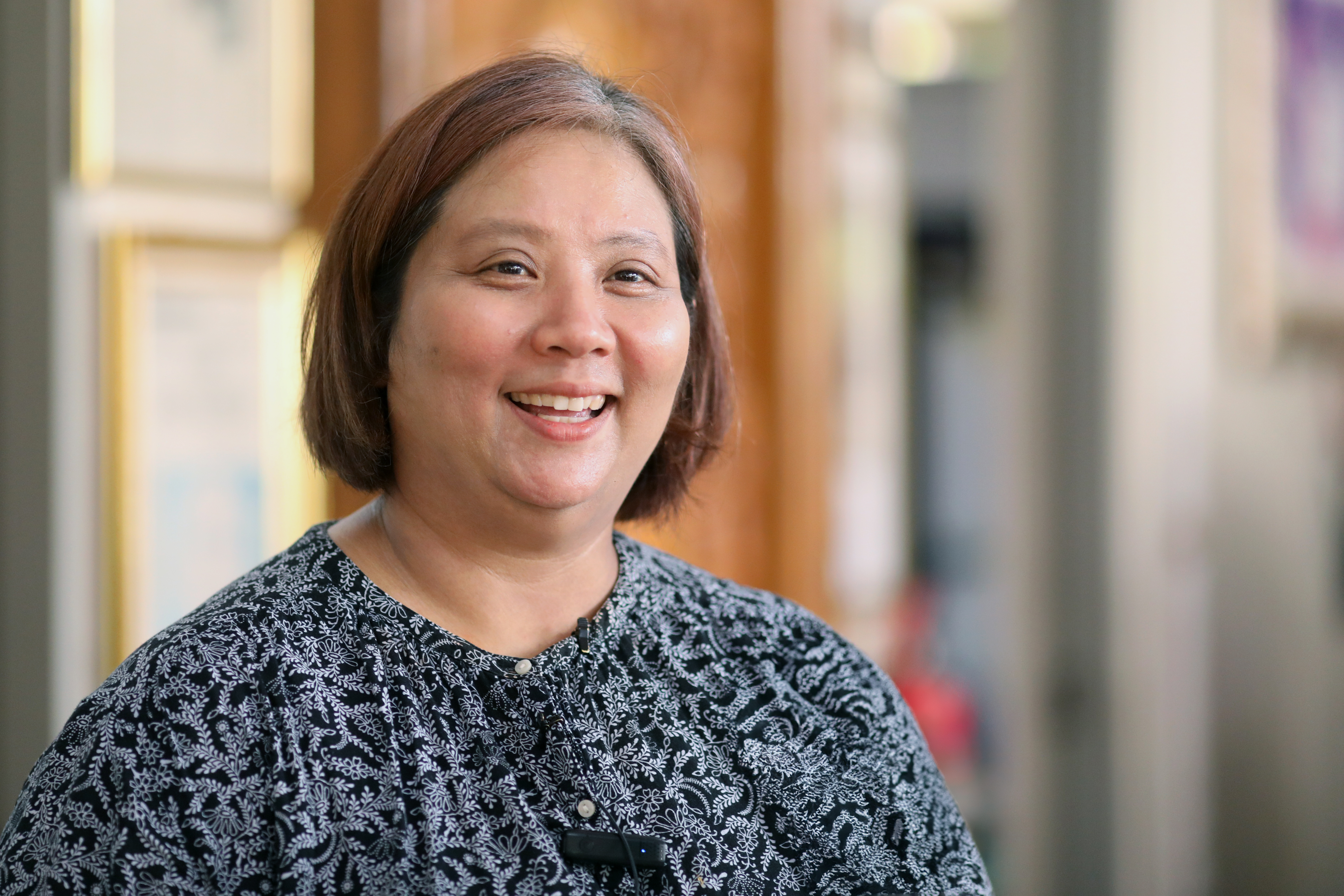
Wilailak Tantitrakul, a senior nurse specializing in medical-surgical nursing for cancer patients at Arokhayasala Khampramong temple, noted that since its establishment in 2004, the facility has received a total of 6,500 patients.
During the COVID-19 pandemic, telemedicine was utilized as part of their services.
Arokhayasala Khampramong temple also provides a referral system for critical patients by collaborating with its medical network, which includes Phra Ajarn Fan Arjaro Hospital and Sakhon Nakhon Hospital.
This system ensures that emergency patients are referred to the appropriate medical care facilities, with prior agreements in place regarding patients’ end-of-life medical care preferences.
Wilailak explained, “Arokhayasala Khampramong temple has been certified by the Department of Thai Traditional and Alternative Medicine, Ministry of Public Health, and Sakon Nakhon Provincial Public Health Office as a health unit providing integrated Thai traditional and comprehensive medicine for cancer patients.
“Despite numerous limitations, the facility has not been listed as a registered hospital in the system, making it eligible to be registered as a palliative care unit and become a pioneering model for palliative care in Thailand,” she added.
.jpg)
Dr. Athaporn, the NHSO deputy secretary-general, remarked that establishing palliative care units for end-of-life patients aligns with government policies.
This sentiment was addressed by Dr. Cholnan Srikaew, the Public Health Minister and Chairman of the NHSO board, who emphasized the importance of providing comprehensive care to Thai people from womb to tomb.
The anticipated establishment of palliative care units outside hospitals is expected to ease overcrowding in healthcare facilities.
Providing end-of-life care is already covered under the UC scheme. To increase the service, the NHSO has engaged the private sector, including the temple, to be part of the palliative care provider.
These facilities will receive reimbursement from the NHSO for the services provided, ensuring the sustainability of such care.
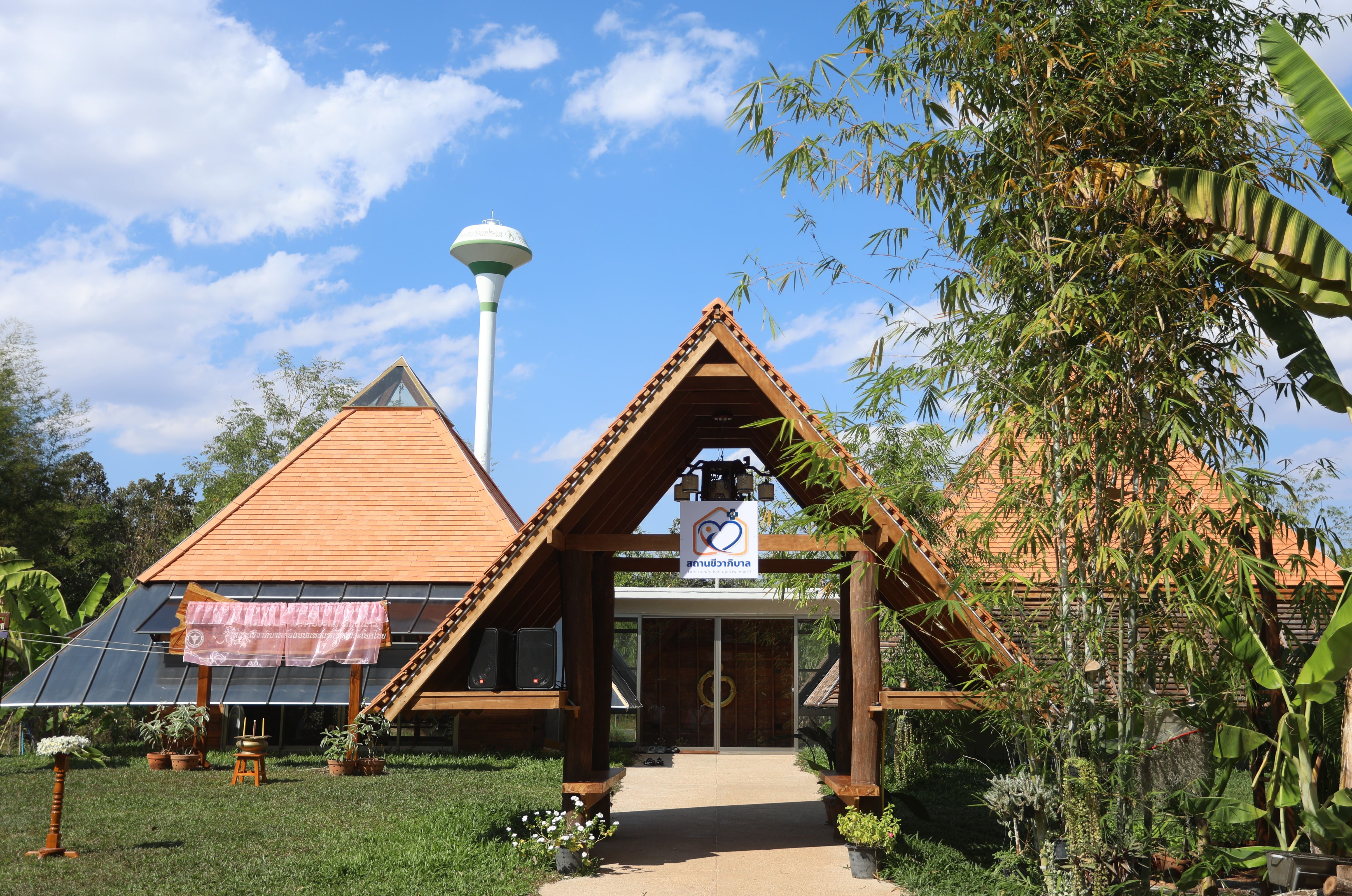
"During this visit, I've seen many patients and their families who were previously suffering greatly. But their quality of life improved when they entered a supportive environment with care from monks, the temple's staff, and patients in the facility," said Dr. Athaporn.
"Khampramong temple provides us an example of impactful comprehensive care, through collaboration with medical networks and the integration of Buddhism to care for mental health and well-being.”
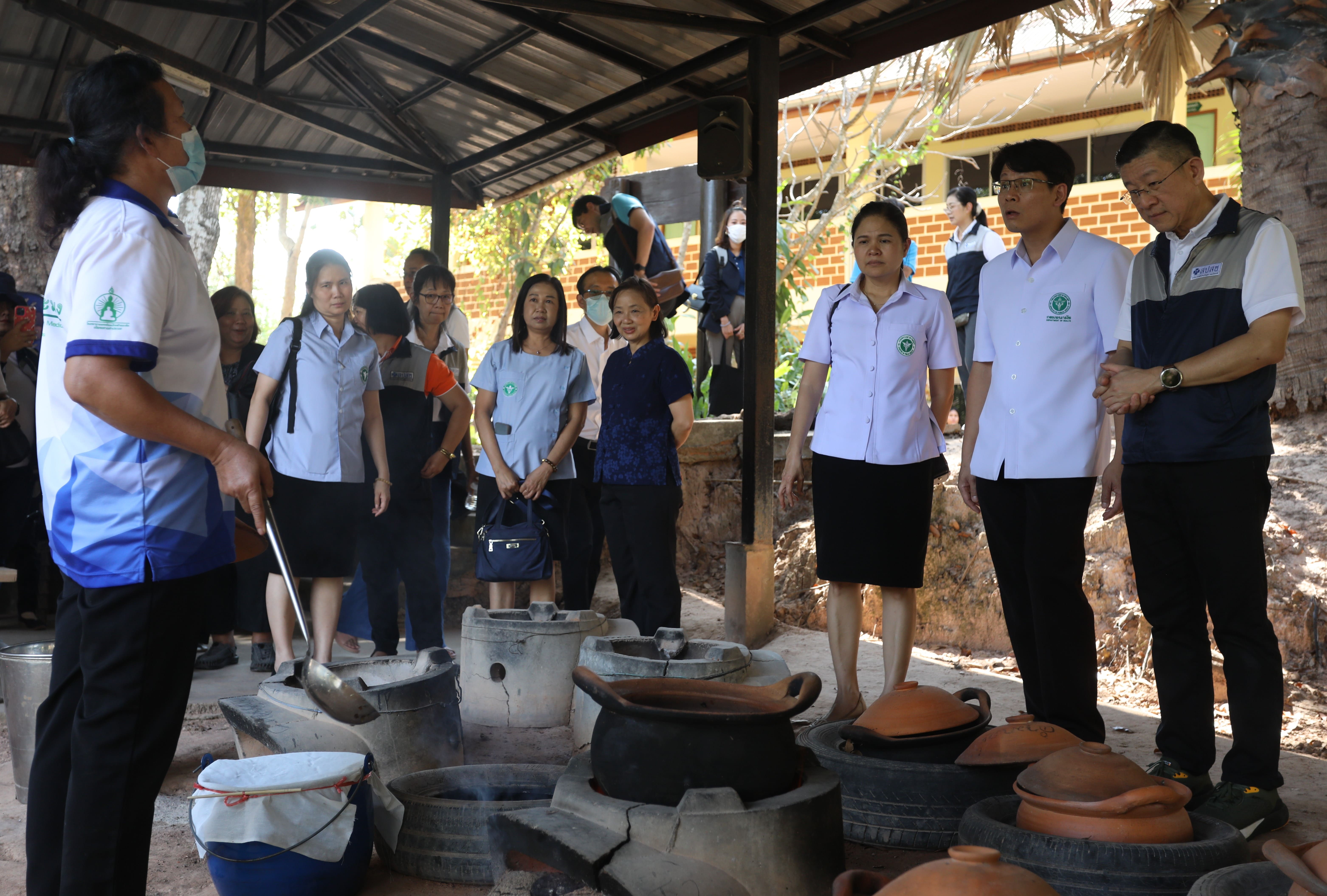
He added that the NHSO board meeting on 25 December last year had a resolution that allowed private care units to participate in the national health security system by providing care to bedridden patients and those at end–of–life stages.
They can receive proper reimbursement for their services from the NHSO.

